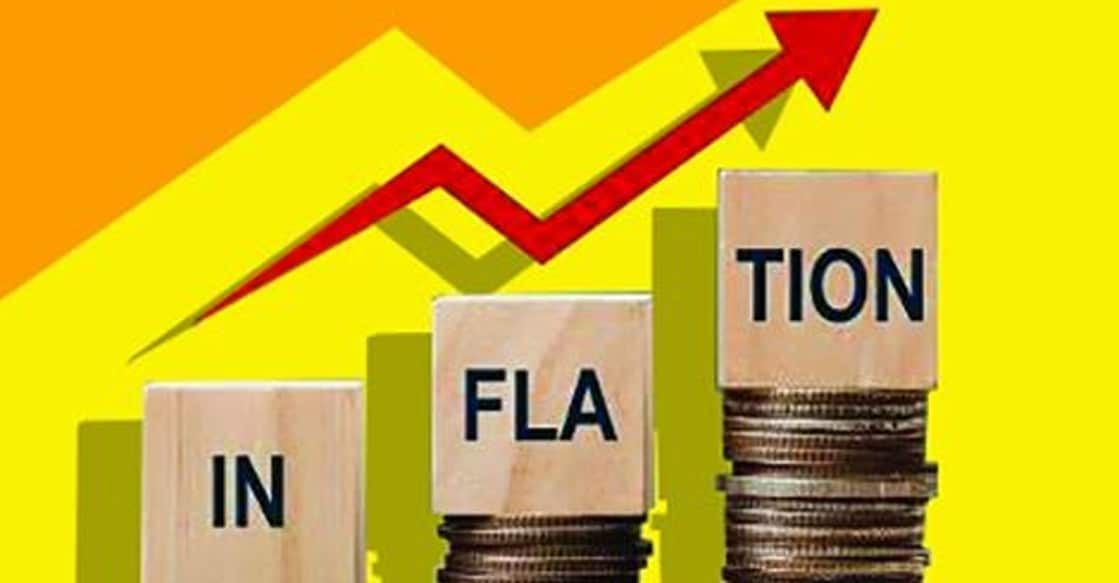Kerala records highest inflation 3 months in a row; high wages, migration driving rate up?

Mail This Article
Kerala recorded the highest inflation rate in the country for the third consecutive month this year, even as the national average continued to decline. According to data released by the Ministry of Statistics, inflation in the state measured 6.59 per cent in March—nearly double the national average.
Though the figure marks a slight decline from the 7.31 per cent recorded last month, it is hardly a reason to celebrate. Rural inflation in the state measured 7.29 per cent, while the urban rate was 5.29 per cent. The rate remains well above the Reserve Bank of India’s 6 per cent inflation target.
Meanwhile, retail inflation in the country, measured by the All India Consumer Price Index (CPI), dropped to 3.34 per cent in March from 3.61 per cent in February. This marks the lowest year-on-year inflation rate since August 2019. The decline was primarily driven by a 106 basis-point drop in food inflation, which stood at 2.69 per cent this month.
Kerala’s high inflation rate stands out even more starkly compared to other states. Karnataka, which recorded the second-highest rate in the country, reported just 4.44 per cent. It is followed by Chhattisgarh with 4.25 per cent and Jammu and Kashmir with 4 per cent.

Other South Indian states also recorded significantly lower figures, with Tamil Nadu at 3.75 per cent and Telangana registering the lowest inflation rate of just 1.06 per cent.
Kerala's special case
Kerala is primarily a consumer-driven state, with over 80 per cent of its consumption dependent on imports. Despite accounting for less than 3 per cent of the country’s population, the state contributes to nearly 10 per cent of India’s total consumption, according to Mary George, former chairman of the Kerala Public Expenditure Committee.
At the same time, Kerala has the country's highest wage rates, which also contributes to its elevated inflation levels, said Dr K Ravi Raman, member of the State Planning Board. He noted that the average wage in Kerala’s agricultural sector stands at ₹807, compared to the national average of ₹372. Similarly, construction workers in the state earn over ₹900, while their counterparts in other states make just ₹417 on average.
"This disparity contributes to a ‘wage-price spiral’ in the state, where workers demand higher wages, which in turn pushes up prices, further driving inflation,” he said. He added that a majority of the workers in Kerala are migrants from other states, and much of their earnings are remitted back to their home states.
“A solution to this issue could lie in greater participation of Malayalis in the labour market. The manufacturing sector also needs to play a more significant role in addressing the situation,” Dr Ravi added.
He also pointed out that the high rate of migration among Keralites to other countries is another factor driving up consumption in the state. “It’s a sign of prosperity. More remittances are leading to increased consumption. The more money that is sent here, the more people spend. This creates greater demand in the market, pushing prices up,” he said.


